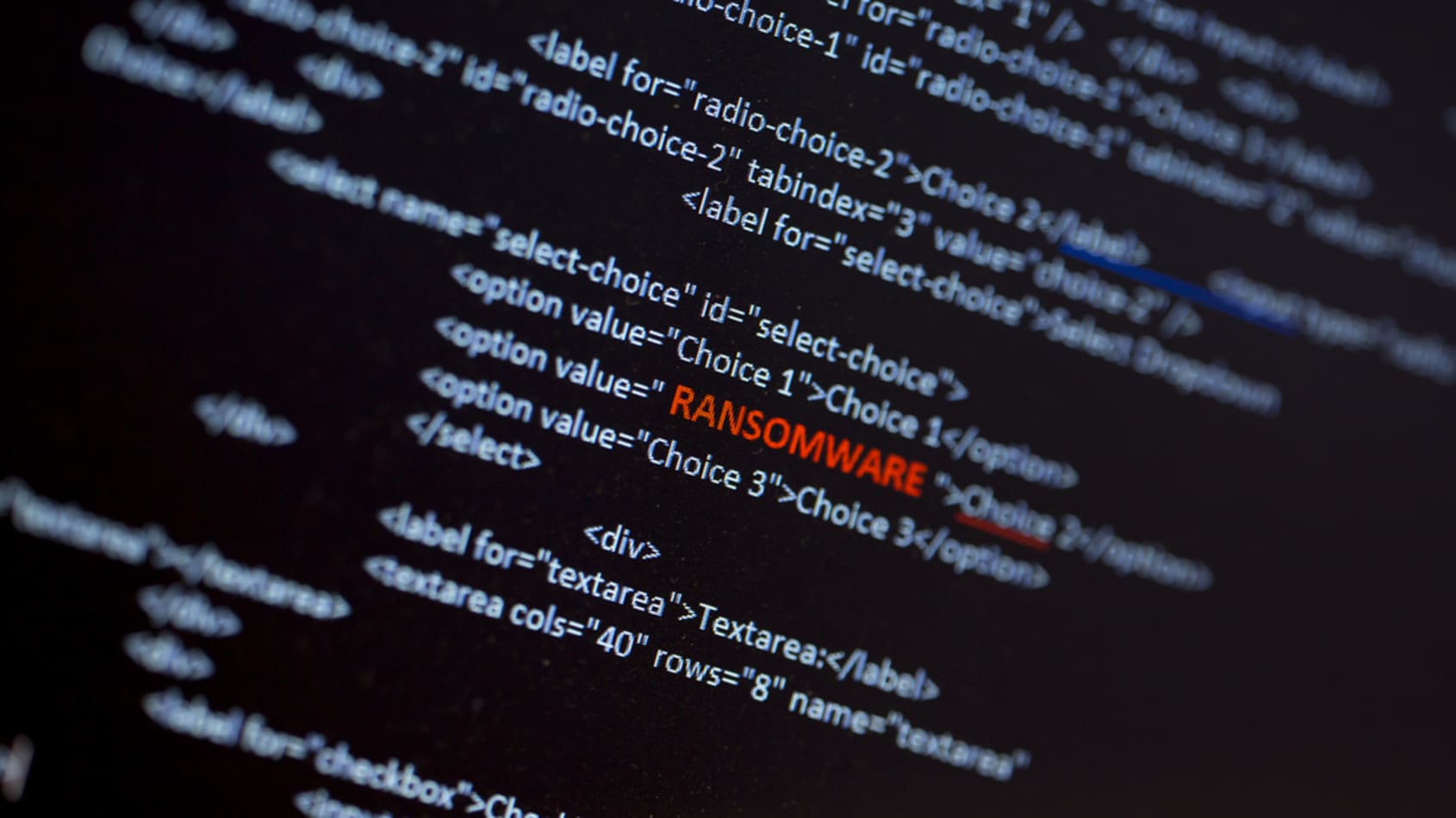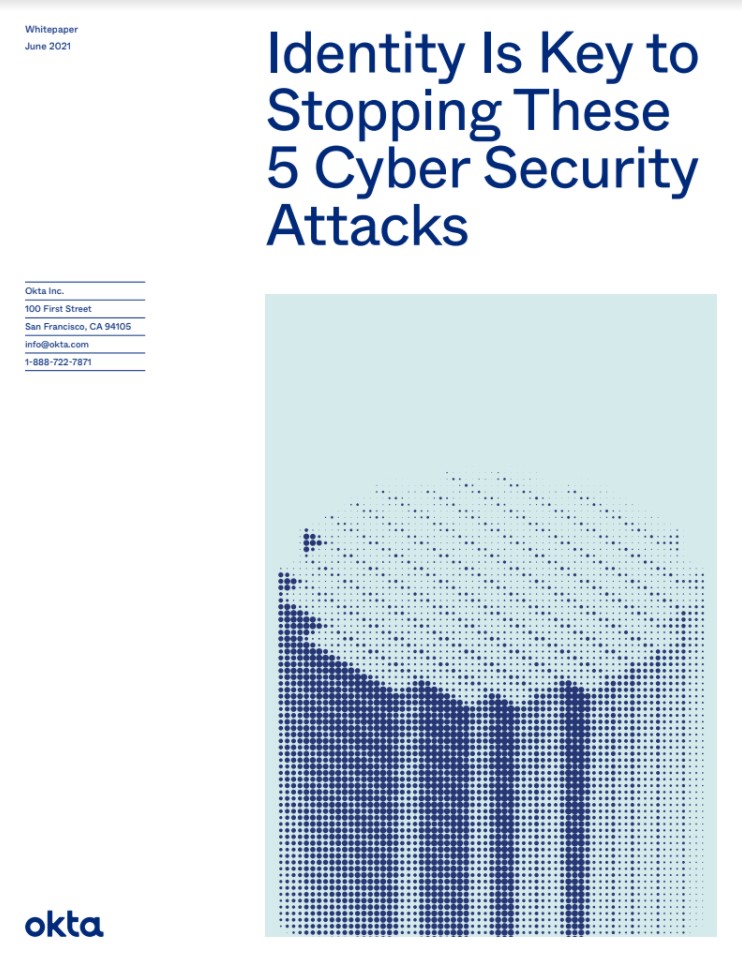QNAP NAS devices face fresh Deadbolt ransomware attack
The ransomware variant has returned to infect more than 1,000 QNAP devices


Deadbolt, a ransomware variant that attacked QNAP storage in January, is back and infecting more of the drives, researchers revealed this week.
Deadbolt is a ransomware variant first identified in January. It targets network-attached storage (NAS) devices from QNAP, which run the company's own Linux distribution called QTS.
Rather than encrypting the whole drive, Deadbolt concentrates on encrypting backup drives and then hacks the device's web interface to deliver a ransomware message.
Infections peaked on January 26, according to cyber security company Censys, affecting almost 5,000 of the 130,000 QNAP devices in use. QNAP force updated its firmware in January to stop the infections.
This update reportedly caused side effects including broken iSCSI connections. It also removed the hacked interface, which stopped hacked users who had paid the ransom from decrypting the files. However, Censys said that it reduced the number of infected devices at the time to under 300.
The ransomware resurged on QNAP devices this month. Censys saw new infections beginning on March 16, when the number of infected devices stood at 373. Within three days, the number of infected devices had grown to 1,146.
While the attackers are using a different Bitcoin address for the latest ransom demand, the rest of the attack remains the same, Censys said. They are demanding 0.03 bitcoins (currently worth around $1,280).
Get the ITPro daily newsletter
Sign up today and you will receive a free copy of our Future Focus 2025 report - the leading guidance on AI, cybersecurity and other IT challenges as per 700+ senior executives
RELATED RESOURCE

Identity is key to stopping these five cyber security attacks
Many attacks begin with the same weakness: user accounts
The attackers promise to deliver a decryption key in exchange for the ransom payment. They also make a separate offer to QNAP via the hacked web interface, offering it full details of the technical exploit that enabled the attack for five bitcoins ($213,300) or a master decryption key for 50 bitcoins ($2.13m).
This attack is unusual, in that aside from the hacked web interface, the attackers only communicate with the victims via bitcoin payments. They return the encryption key from a ransom payment in the OPRETURN field of a Bitcoin transaction.
QNAP drives have suffered attacks before, including infection by Dovecat crypto-mining malware and QSnatch, legacy malware which stopped administrators from applying security patches.
Danny Bradbury has been a print journalist specialising in technology since 1989 and a freelance writer since 1994. He has written for national publications on both sides of the Atlantic and has won awards for his investigative cybersecurity journalism work and his arts and culture writing.
Danny writes about many different technology issues for audiences ranging from consumers through to software developers and CIOs. He also ghostwrites articles for many C-suite business executives in the technology sector and has worked as a presenter for multiple webinars and podcasts.
-
 Bigger salaries, more burnout: Is the CISO role in crisis?
Bigger salaries, more burnout: Is the CISO role in crisis?In-depth CISOs are more stressed than ever before – but why is this and what can be done?
By Kate O'Flaherty Published
-
 Cheap cyber crime kits can be bought on the dark web for less than $25
Cheap cyber crime kits can be bought on the dark web for less than $25News Research from NordVPN shows phishing kits are now widely available on the dark web and via messaging apps like Telegram, and are often selling for less than $25.
By Emma Woollacott Published
-
 ‘Phishing kits are a force multiplier': Cheap cyber crime kits can be bought on the dark web for less than $25 – and experts warn it’s lowering the barrier of entry for amateur hackers
‘Phishing kits are a force multiplier': Cheap cyber crime kits can be bought on the dark web for less than $25 – and experts warn it’s lowering the barrier of entry for amateur hackersNews Research from NordVPN shows phishing kits are now widely available on the dark web and via messaging apps like Telegram, and are often selling for less than $25.
By Emma Woollacott Published
-
 Healthcare systems are rife with exploits — and ransomware gangs have noticed
Healthcare systems are rife with exploits — and ransomware gangs have noticedNews Nearly nine-in-ten healthcare organizations have medical devices that are vulnerable to exploits, and ransomware groups are taking notice.
By Nicole Kobie Published
-
 Alleged LockBit developer extradited to the US
Alleged LockBit developer extradited to the USNews A Russian-Israeli man has been extradited to the US amid accusations of being a key LockBit ransomware developer.
By Emma Woollacott Published
-
 February was the worst month on record for ransomware attacks – and one threat group had a field day
February was the worst month on record for ransomware attacks – and one threat group had a field dayNews February 2025 was the worst month on record for the number of ransomware attacks, according to new research from Bitdefender.
By Emma Woollacott Published
-
 CISA issues warning over Medusa ransomware after 300 victims from critical sectors impacted
CISA issues warning over Medusa ransomware after 300 victims from critical sectors impactedNews The Medusa ransomware as a Service operation compromised twice as many organizations at the start of 2025 compared to 2024
By Solomon Klappholz Published
-
 Warning issued over prolific 'Ghost' ransomware group
Warning issued over prolific 'Ghost' ransomware groupNews The Ghost ransomware group is known to act fast and exploit vulnerabilities in public-facing appliances
By Solomon Klappholz Published
-
 The Zservers takedown is another big win for law enforcement
The Zservers takedown is another big win for law enforcementNews LockBit has been dealt another blow by law enforcement after Dutch police took 127 of its servers offline
By Solomon Klappholz Published
-
 There’s a new ransomware player on the scene: the ‘BlackLock’ group has become one of the most prolific operators in the cyber crime industry – and researchers warn it’s only going to get worse for potential victims
There’s a new ransomware player on the scene: the ‘BlackLock’ group has become one of the most prolific operators in the cyber crime industry – and researchers warn it’s only going to get worse for potential victimsNews Security experts have warned the BlackLock group could become the most active ransomware operator in 2025
By Solomon Klappholz Published